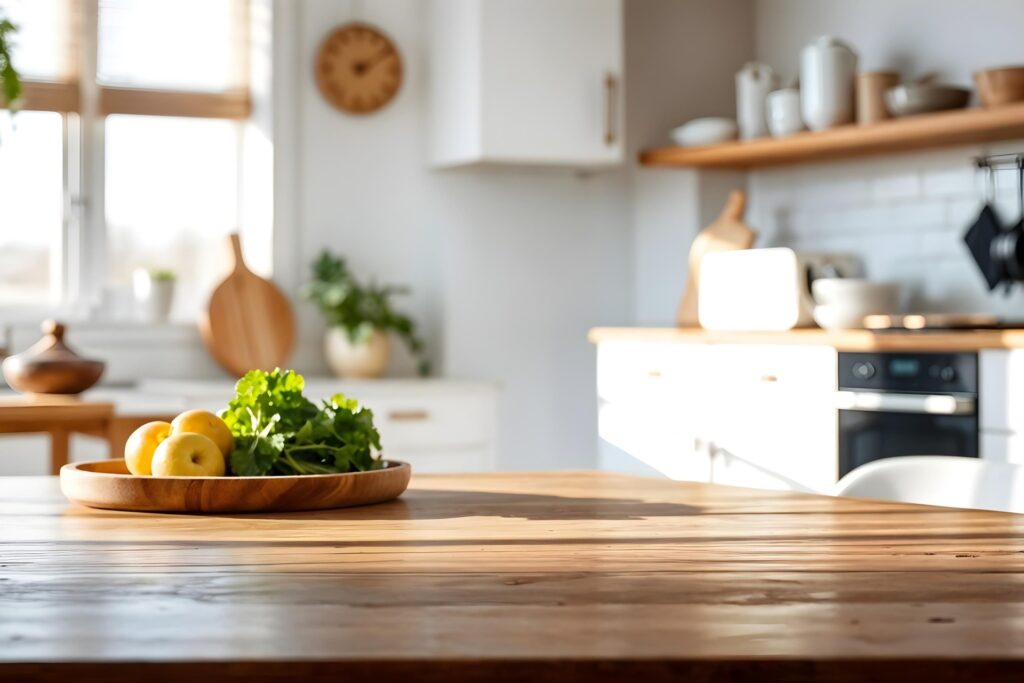If there’s one rule every kitchen designer knows it’s this: always listen to the client.
A kitchen can be a very personal thing, both in terms of style and usage. On the one hand, interior design tastes can vary wildly while on the other, your practical everyday needs will often be unique to you.
Some people cook a lot, others not so much. Some people like to use lots of pots and pans, relying on a dishwasher to take the slack, while others prefer to make do with a more limited set of tools. And that’s just scratching the surface of all the ways a kitchen needs to be tailored to the individual.
Now, that’s all well and good for kitchen designers, but what do you do when you’re not sure what you want for your own kitchen? How can you make those difficult decisions and decide what’s right for you?
Start With Storage
When designing a kitchen you should always start by thinking about how much storage space you’ll need. This is both one of the easiest things to assess and one of the biggest limitations on the rest of your design.
The fact of the matter is that before you even think about building your kitchen, you’ll know how much stuff you have. Unless you’re planning on getting rid of some of those spices or else keeping the fancy plates up in the loft, you’re going to need space to store all that stuff.
By starting with storage you’ll also find yourself naturally blocking out the kitchen space with other decisions, such as where to put worktops and appliances, just falling into place.
Consider Your Cooking Style
We all cook a little differently. Some people like to lay out all their ingredients before they even start. Others have such beautifully organised cupboards that they know where everything is without needing to think about it.
When designing your kitchen, think about how the layout can complement your cooking style. By doing this, you can save yourself a lot of time in the long run by creating a space that feels like a perfect fit for you.
Aesthetic Choices Can Wait
If it sounds like we’re all about putting practicality before aesthetics in kitchen design, then you’ve hit the nail on the head.
That’s not to say aesthetics aren’t important. On the contrary, they’re a crucial part of the design process. That said, you can usually get any look you want after the layout has been decided. On the other hand, if you try to make aesthetic choices upfront, it can be easy to get attached to specific products only to later discover that they’re incompatible with your overall design philosophy.
Looking to build a new kitchen? Contact Orchard Kitchens today at 01784 439800 or by emailing info@orchardkitchens.com to speak with one of our first-rate kitchen designers.

Recent Comments